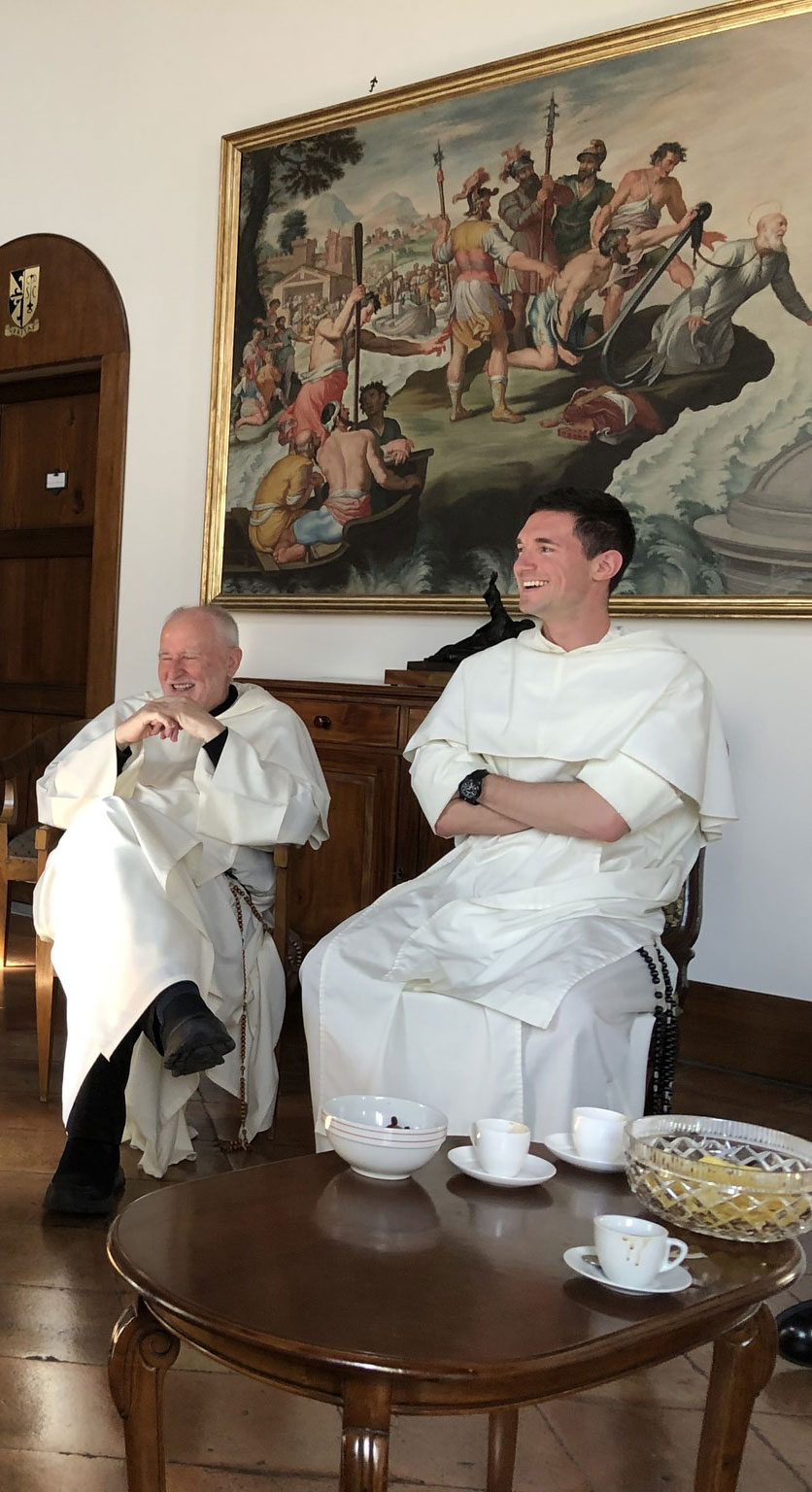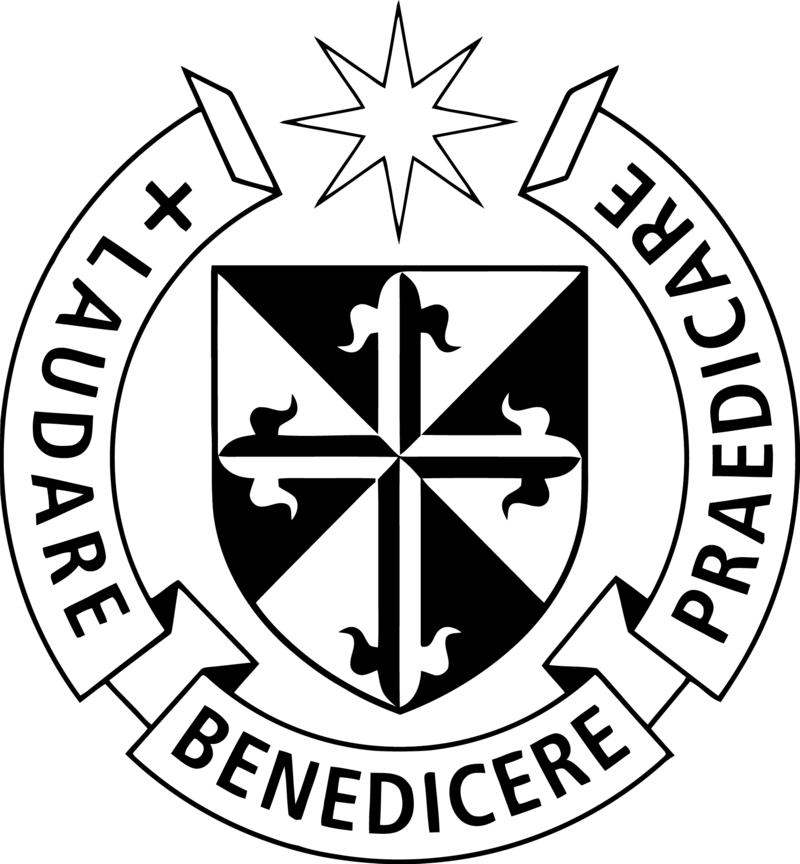La vie dominicaine
Traditionnellement, la prédication, l’enseignement et l’accompagnement spirituel ont toujours été au cœur du ministère des Frères Prêcheurs. Aujourd’hui, ce ministère s’étend au ministère paroissial et universitaire, à l’engagement pour la justice et la paix, l’édition, les mass médias, l’Internet et les arts. Nos frères sont engagés dans tous ces domaines à travers le monde à cause de la nécessité qui leur incombe de proclamer la Bonne Nouvelle de Jésus Christ.
Fondé en 1216, l’Ordre dominicain inaugure son huitième centenaire. Aujourd’hui, tout comme au tout début de cette aventure missionnaire audacieuse initiée par saint Dominique de Guzman, notre zèle se fonde dans notre passion d’ouvrir aux hommes et aux femmes des chemins de vie, de vérité et de liberté, par la parole. C’est la vocation de l’Ordre des Prêcheurs dès l’origine d’œuvrer pour le « salut des âmes » par la prédication, de proclamer l’Évangile.
Cette inspiration est toujours capable après huit cents ans de susciter un fervent désir de se joindre à l’aventure qu’il a commencée. Ce qui caractérise la puissante expérience spirituelle et la sainteté de Dominique, c’est un désir passionné de se donner tout entier au salut de l’humanité comme l’a fait le Christ lui-même. C’est le Christ qui est au centre de sa vocation et de celle qu’il lègue à son Ordre. Du mystère de cet amour pour le monde est né une communauté religieuse dont le génie de Dominique, son don de l’organisation, son écoute des signes des temps et son sens de l’Église, ont su faire un organisme souple et vivant.
Depuis leur fondation, les Dominicains (frères, prêtres, moniales, sœurs et laïcs) proclament l’Évangile de Jésus Christ partout dans le monde. Cette mission se réalise par la vie communautaire, la prière, l’étude, la prédication, l’enseignement, le ministère paroissial et universitaire, l’engagement pour la justice et la paix, l’édition, les mass médias et les arts.
En ce troisième millénaire, l’urgence de la mission est toujours actuelle. Plus que jamais nos contemporains ont besoin d’entendre le message libérateur de Jésus Christ. C’est pourquoi les Dominicains ont toujours besoin d’hommes et de femmes passionnés pour l’Évangile, car sans cesse le Christ appelle de nouveaux disciples à la manière de saint Dominique.

